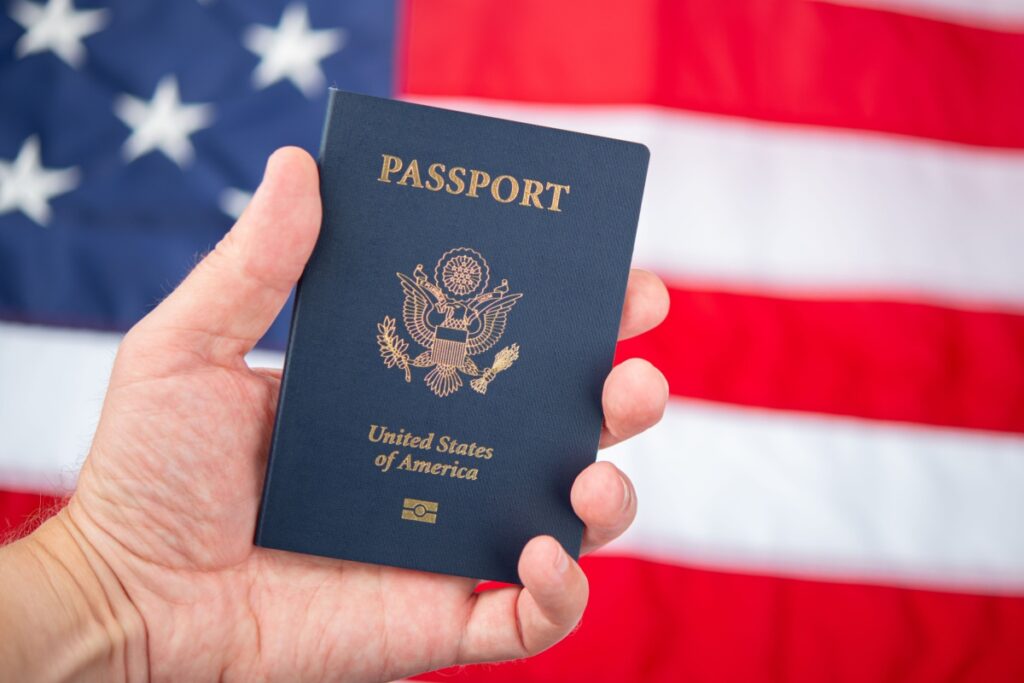The latest release of the Henley & Partners Passport Index has unveiled a striking transition in global travel freedom. The report shows that the United States passport now ranks 12th, tied with Malaysia, with visa-free or visa-on-arrival access to 180 destinations. This marks the first time in the 20-year history of the index that the U.S. has fallen out of the top 10.
The new leaders are in East Asia: the Singapore passport now provides access to 193 countries and territories, while South Korea and Japan follow with 190 and 189, respectively.
Factors Driving The U.S. Decline
According to Henley & Partners chair Christian H. Kaelin, the decline in the U.S. ranking “signals a fundamental shift in global mobility and soft-power dynamics”. One reason is the principle of visa reciprocity: while U.S. passport holders enjoy entry to 180 destinations visa-free, the U.S. itself allows only 46 nationalities visa-free entry. This mismatch undermines the ranking, causing it to be out of the top 10 for the first time.
Specific policy changes played a role as well. For instance, Brazil in April revoked visa-free access for U.S. citizens citing reciprocity concerns. Meanwhile, nations including Vietnam and China excluded the U.S. from newly expanded visa-waiver lists. Adjustments by Myanmar and Papua New Guinea also contributed to the drop.
In comparison, traditional passport-power nations like the U.K., Canada and Australia have also seen stagnation or decline in standings, linked to more restrictive inbound visa policies.
Wider Implications For Global Travel
The repositioning reflects more than administrative detail: it points to a shift in mobility leverage. A passport’s power increasingly reflects a country’s willingness to participate in open international travel and cooperation rather than relying solely on geopolitical influence. Kaelin’s observation that “nations that embrace openness and cooperation are surging ahead, while those resting on past privilege are being left behind” captures this trend.
As Asian nations dominate the upper ranks, the patterns illustrate how global travel and diplomacy are converging. For travellers, this can affect decisions around dual-citizenship, residency, and long-term planning. Meanwhile, countries behind the top tier may face pressure to reform visa regimes if they wish to regain higher ranking.
Outlook And Potential Shifts Ahead
Looking forward, the Henley index methodology will continue monitoring how many destinations each passport holder may access without a prior visa. As global mobility rules evolve, driven especially by public health, security, and diplomatic reciprocity, the rankings may fluctuate further.
Finally, for the U.S. to go back to the top 10 in the passport list, it would require not only broader outbound access for its citizens, but also easing inbound visa restrictions to enhance reciprocity. For emerging leaders, maintaining or extending preferential access for their citizens will be key to retaining top positions.


